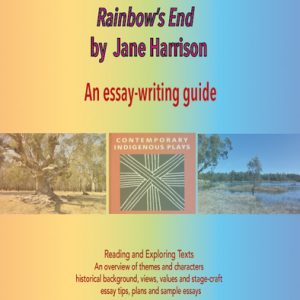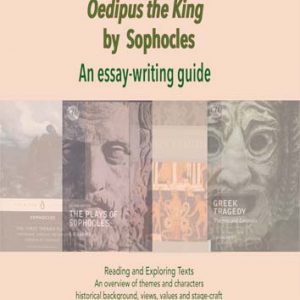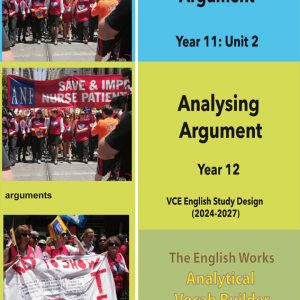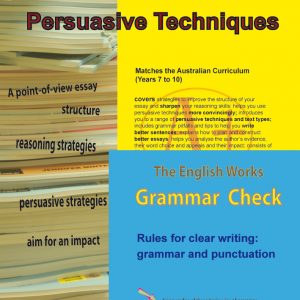It is critical that you write clear and grammatically correct sentences. This means that you must control your syntax and have an awareness of your parts of speech.
We are working on the following points:
- Your sentence must have a subject and a finite verb;
- A smart way to embed metalanguage is via an adverbial clause. Often an adverbial clause has a non-finite verb and lacks a direct subject. You must ensure a clear and close subject in the following (independent) clause.
- Your pronouns must agree in number with the preceding noun(s)
- Your verbs must agree in number with the preceding subject.
Please revise the rules regarding subject and finite/non-finite verbs. (Please see attached).
Spot the error and rewrite these sentences:
- Contending that we are ”ignoring the natural world” which is causing the creation of “disengaged families” with “unhappy children”, portrays the issues which arise as a result of parents dedication towards technology, encouraging the audience to see this downfall trend.
- Ms Smith displays the digital world as having a “fake dazzle”, portraying this world negatively to defend the so called “boring” activities in the natural world, enabling parents to rethink their positions regarding these activities.
- Criticising the phone-obsessed parents, imploring the need for a more natural family who “live in the moment” contrasted with the “fake dazzle and urgency of the digital world”.
- By presenting parents as being constantly “electronically distracted”, further helps parents realise their addictions or over obsessions towards these devices.




